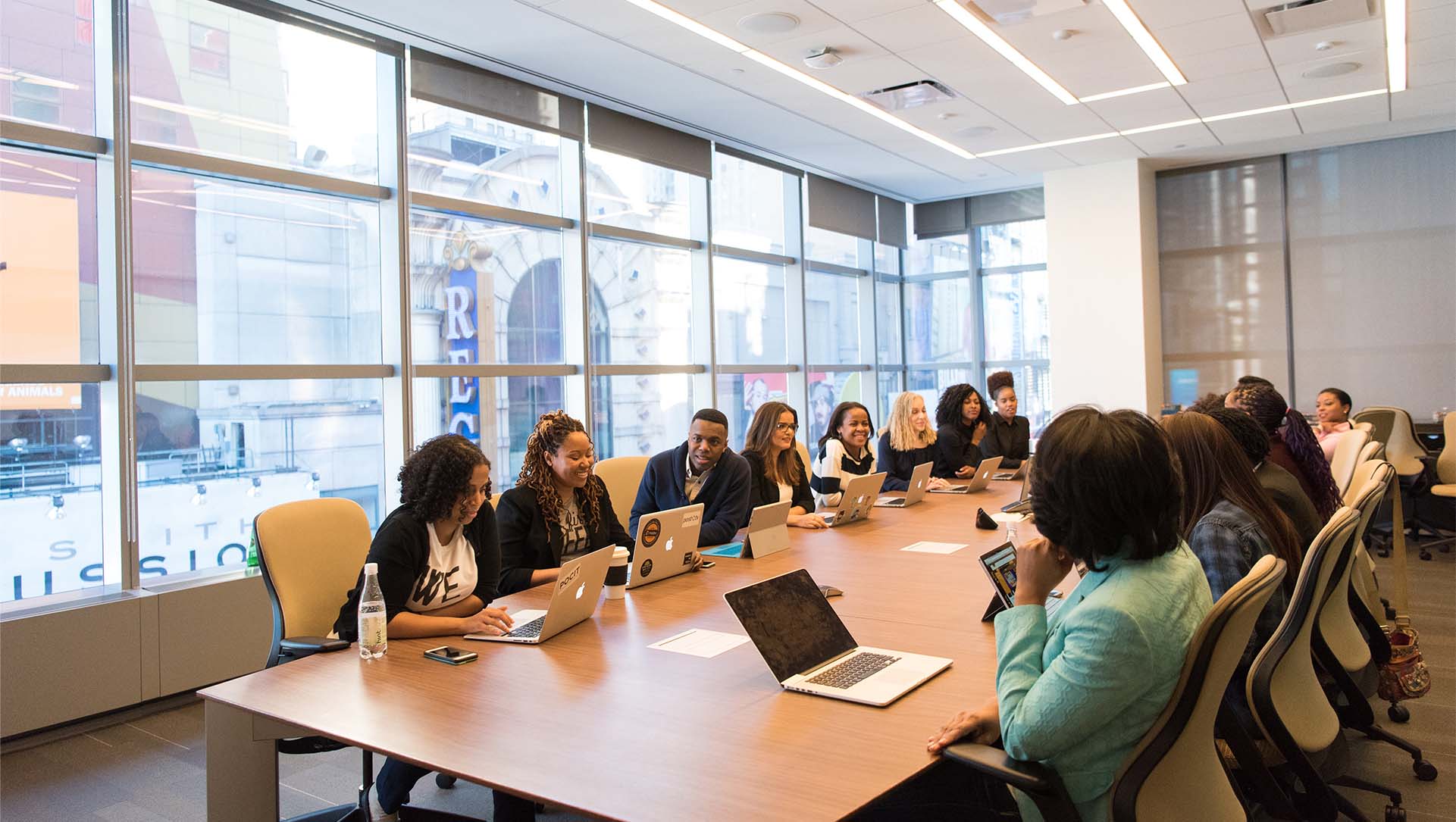Programme Assurance Resources
Building Governance Around A Programme
The information in this guide is intended for general purposes only. For more specific guidance around your organisation’s projects, please get in touch with our team.
In this section, you will find:
- The principles of governance
- How programme governance varies from project governance
- Reporting on strategic outcomes
- The engagement cadence for programmes
- Key responsibilities in the programme
- Monitoring and mitigating programme risk
- How ‘change’ is managed
- Why governance is even more crucial for long term programmes
- Build the governance model for practicality
- Need help building a programme governance model?
- Where to next?
- Latest Programme Assurance Articles

The principles of governance
Governance is made up of a number of principles. In some organisations there may be a specific governance methodology that outlines certain elements as core to good governance, so there is some variability from business to business.
However, generally you can be confident that good governance will include:
- Roles and responsibilities
- Reporting frameworks
- Meeting cadences
- Stakeholder communication
- Risk assessment and mitigation
- Assurance
How programme governance varies from project governance
Governance on a programme isn’t entirely different, but the nature of reporting and risk assessment is more associated with the strategic objectives as a whole – and less about specific deliverables’ ability to proceed. For example, a programme reporting function would typically communicate progress of all underlying projects and how the business’ strategic vision is being worked towards. The risks and challenges are often broader business threats such as market forces, leadership changes, or evolving consumer needs as opposed to more day-to-day operational risks that a project usually focuses on.
Programme governance – think broad and strategic. Project governance – think specific and deliverable.
Reporting on strategic outcomes
The leadership team in an organisation will want to know the answer at any one point in time: how is the programme tracking against its outcomes? Will we get the end result we’re paying for?
The engagement cadence for programmes
Structure around the formal engagement of different stakeholders in a programme also protects everyone’s individual time as their week can be planned around these from the start. A lack of rigour in meeting practices can allow impromptu meetings to creep in with no checks and balances as to the value of these. Before long, your team can feel like their entire work is meetings.
Like the scope of the programme helps focus your people’s efforts on the right thing, governance around engagement helps to drive the best outcomes from group interactions – which can be costly to the business if ineffective.
Key responsibilities in the programme
Establishing and capturing roles and responsibilities helps everyone in the programme know what they need to do, and also who to go to for help or approval. Consider more than just who your project managers are, but the programme director, product leads, steering committee members, programme sponsor, business unit leaders who may be signing work off, and even within the leadership team. Who is responsible for internal communications around the programme, the marketing of the developments externally, the technical infrastructure required to support the change? As you’d imagine, this part of governance can take some time to firm up, but it’s absolutely crucial this is done.
Monitoring and mitigating programme risk
Salina Sandra Alie via PMI.org talks about the concept of risk management and raises the very valid point that how an organisation handles risks ‘is more important than the issue/risk itself.’ We couldn’t agree more. Risks are just a fact of any programme, project, organisation – and life! To expect to be able to eliminate all risks is simply unrealistic. The navigation through those risks is what determines a programme’s strength. This risk management happens in a number of stages.
Before any mitigation can happen, there needs to be a comprehensive review of the programme and potential risks to surface as much as possible. Organisations may wish to engage those in the business that usually conduct risk assessments for the business as a whole to help make this process thorough.
Once the risks have been identified, a programme steering committee will, sometimes with the help of risk-specialist personnel, build a register of these risks and develop strategies to minimise the impact of these and how they will be navigated.
As the programme gets underway and roadblocks present themselves, the business can proceed anchored by the pre-planning of good risk management practices. This is a major factor in reducing risks to the programme’s health – and the stress of your people.

How ‘change’ is managed
What governance helps a business work through is the way in which change is determined as required, the review and approval process, and ultimately how the change is communicated and embedded. At the scale of a large programme, mishandled change can really derail things, so like risks, preparation and planning is key.
Why governance is even more crucial for long term programmes
Build the governance model for practicality
Consider a governance model that is well-aligned with the culture and rhythm of the business – what processes and practices will be easily adoptable by your people?
Need help building a programme governance model?
Assurance is an important part of governance, giving that extra layer of confidence that the systems and processes your programme runs to will give your programme the best chance for success. We help organisations ensure their governance is set up to serve the programme and business well in the long term. If you’re looking for support with your programme governance, get in touch today.
Where to next?
Read our other programme resources:
Digital transformation programmes
Programmes are often based on enabling large scale transformation. We explain...
Learn More >>
Building a programme governance model
Governance helps an organisational programme run more smoothly. We ...
Procurement for programmes
Procurement relies upon expertise and processes to get right. A well planned...
Learn More >>
What is Change Management?
Influencing and ultimately coordinating change is not straight forward. In this guide...
Learn More >>
Long term budget planning for programmes
How do you effectively budget for long term programmes, with deliverables...
Learn More >>
Public sector and programme management
How does a large programme of work differ in the public sector vs. private enterprise?
Learn More >>
Latest Programme Assurance Articles
The Relationship Between Programmes And Projects
Many of the workforce have contributed towards projects, but it’s common to not have a full picture of how projects and programmes interrelate, and indeed how the both contribute towards making positive changes.
What it takes to lead a successful organisational programme
Programmes are high stakes and complex. Guiding a programme to success requires a number of qualities from its leaders and organisation.
How To Align The Business Around A Programme
Creating cohesion between parts of the business is crucial for a programme’s success. We cover some ways to approach this challenge.
How assurance on a programme differs from project QA
Conducting assurance on a programme requires a broader, more strategic perspective than a review of a project. We explore this difference and others in this article.
Project and Programme Managers – What Keeps You Up At Night?
There’s no doubt that being responsible for a project or programme can be a high stress job at times. Oftentimes that business activity is directly related to a key organisational outcome, with success of the project having knock on effects to the future of the business.
Explore our other QA services
Get In Touch
IQANZ Limited
Level 2, PSA House
11 Aurora Terrace
PO Box 11-757 Wellington,
New Zealand
04 473 4340
info@iqanz.com

















